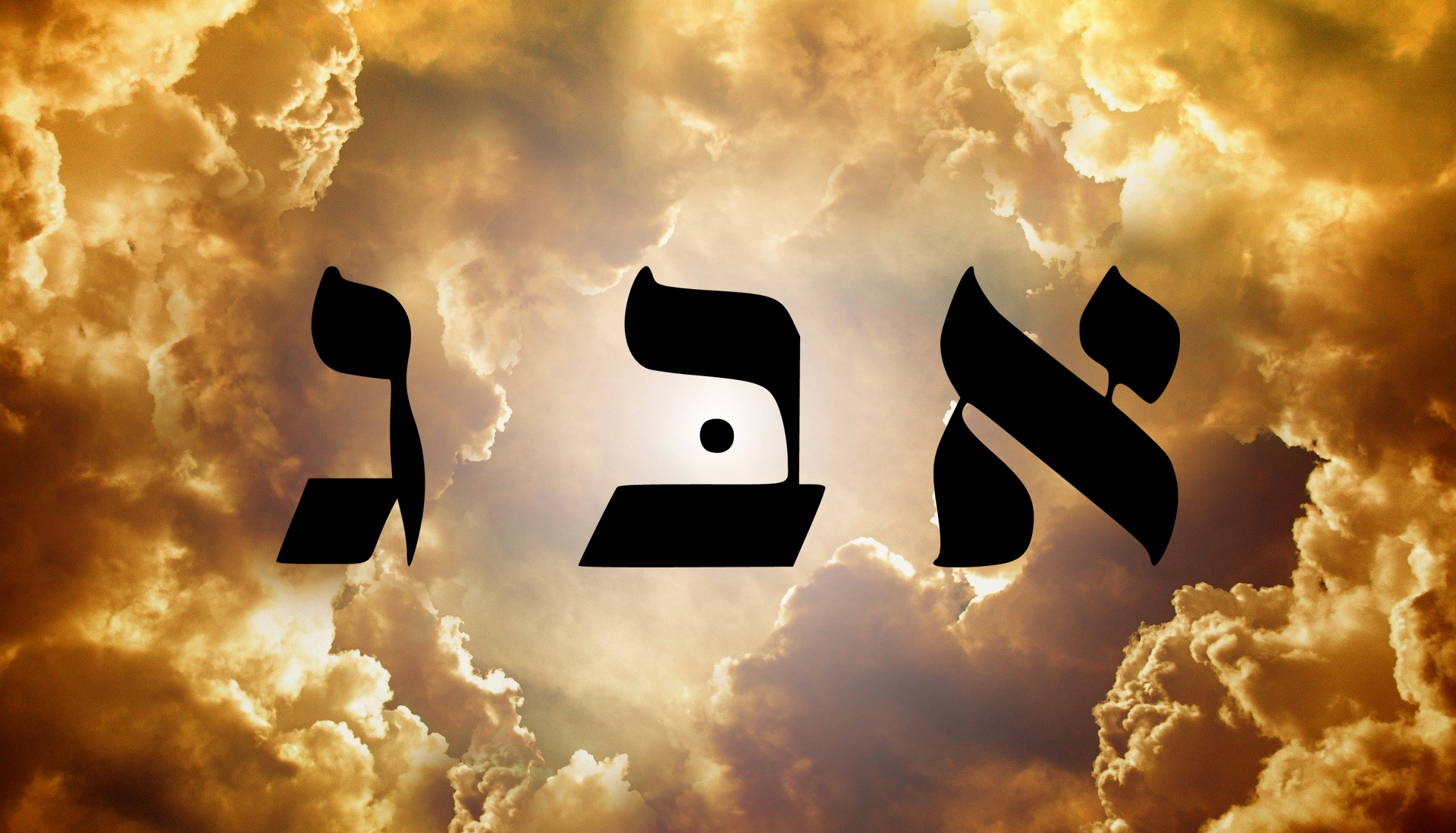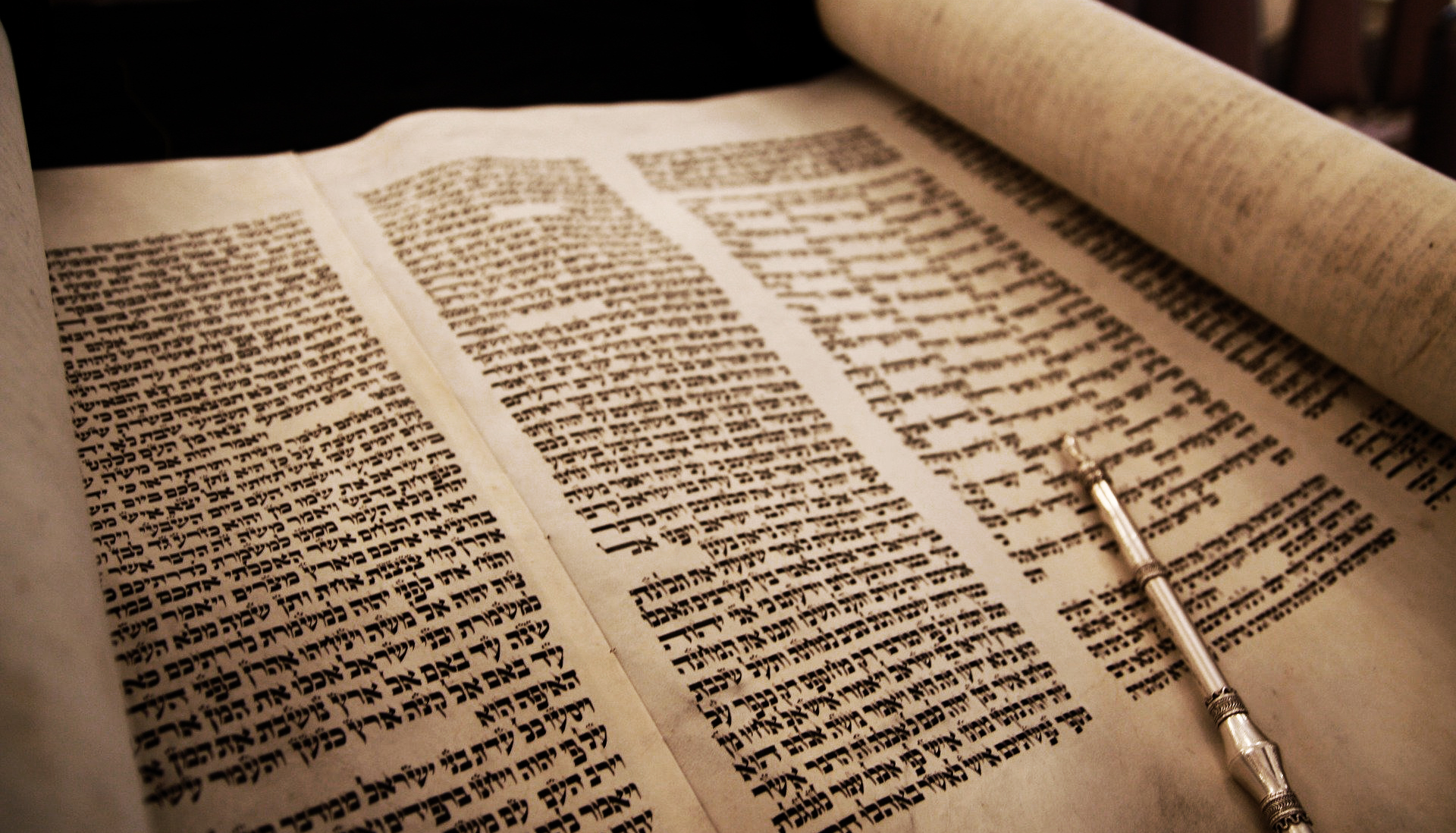Non Local (Part 3) Interfacing
In part two I compared the psychedelic release from a third dimensional reality to the same kind of state that happens when one is released from this reality through spiritually. When a person makes a connection with God in which they experience, not drug induces, but an awake reality that bring “a non local” and local phenomena together into a state of being ___________
Quantum Vision (Part 2)
I am going to try and describe something that is interesting to me. When I say “try to describe” I have to ask myself, how do you put pen to paper to name, identify something that is not tangible. Only end results give it identity.
The Aleph-Bet: Aleph, Bet, Gimel
There are twenty-two letters in the Hebrew Aleph-bet (alphabet). This brief overview will define three of them, Aleph, Bet and Gimel, and go over the basics of their mystical interpretations. In Mormon Kabbalah, these letters are used for spiritual communication in ways that do not require one to be fluent in the language. These letters help us gain a direct spiritual communication going beyond mere words. Meditation with the letters is a common practice in Kabbalah to help facilitate spiritual growth.
Space Time (Part 1)
This report by Nassim Harriman on consciousness caught my attention because he talked about influence on space. Which as we search for a deeper insite into the work and purpose of Melchizedek Nassim’s report has a direct correlation. He is giving more detail of the laws Melchizedek uses. These details have to be a component of how that influence happens.
Soul Mates: the Question of Eternities
“I found him whom my soul loveth: I held him, and would not let him go…” -Songs of Solomon 3:4
Many people avoid the topic of soul mates because it can be problematic. What happens if one’s “soulmate” isn’t the individual we marry? What if our “soulmate” rejects us? Looking at soulmates like this debases the true definition of the term.
The Wide and Narrow Paths
“Enter ye in at the strait gate: for wide is the gate, and broad is the way, that leadeth to destruction, and many there be which go in thereat: because strait is the gate, and narrow is the way, which leadeth unto life, and few there be that find it.” -Matthew 7:13-14 KJV
With our conversations on grace and works, and in mitzvah and the sacraments, there is likely still some confusion. As human beings we tend to separate then regroup things. Yet God asks us to bring things together (see John 17). And so many ask themselves, how can we rely fully on grace if we do good works? How can we do good works if we rely on grace? And most importantly, if the path is that narrow, how can we know if we are truly saved? The answers are simple: we receive what we receive, do what we do and know what we believe is true because we are on the path of teshuvah. We know because we know.
What’s in a Name
Vayeitzei 2020
Genesis 28:10-32:3
The Sages teach us in this parasha story which refers to events that transpired with Jacob: in Ecclesiastes there is a verse that talks about the sun rising and setting. The sun set early so that Jacob would have to sleep in Beth-El on his way to Haran, and it rose early on him in order to heal him on his journey to Haran. Upon reading this report by the Sage I could see that Jacob’s story is about our own soul’s life journey.
Mitzvah and the Sacraments
“Nevertheless, the Lord God showeth us our weakness, that we may know that it is by his grace and his great condescensions unto the children of men that we have power to do these things.” -Jacob 3:8 RAV, 4:7 OPV
In Christianity there seems to be an ongoing battle between works and grace, salvation and exaltation, the Law and the fulfillment of that Law. Yet these are not opposites. The fulfillment of justice through mercy cannot be the opposite of judgment and justice as these forces, mercy and justice, are working in unity. Likewise, doing the works of God cannot be seen as evil as they are God’s works. The opposite of holy is the superficial, not the holy. We must therefore see not how to separate these two things of God, but how to unite them.
In The Beginning
Many years ago I joined a group that were reading “The Artist Way”. One of the skills the book encouraged people to develop their creativeness was to write three pages every day. If we would do that, the book promised it would unlock the blocks we were having that keep us from being creative. These pages were to follow the free flow of consciousness, ignore periods, paragraphs, and grammar, just write.
Ayin and Yesh
“And the Earth, she was empty, and chaos filled her; and I caused darkness to come up upon the face of the endless abyss. And Ruach Elohim moved upon The Presence of the Water, for I am Elohim.” 1 Moses 3:4-5 (The Brass Plates)
The idea of yin and yang is very popular in modern western culture. It is the idea of balance between light and dark, positive and negative, between everything. But it is not a new concept. In Kabbalah this idea of balance is called the Ayin-Yesh.
7 Names of God from the Torah
“And Jacob asked him, and said, Tell me, I pray thee, thy name. And he said: Wherefore is it that thou dost ask after my name? And he blessed him there.” -Genesis 32:29
There are many names for the God of Abraham, Issac, and Jacob. God, Jehovah, Jesus Christ, Awmen, and Allah are just a few. Which names come from the Torah? And, what do these names mean? Why are they used? In this article we will briefly cover seven of the names of God used in the Torah.
Grace and Works
“And if by grace, then is it no more of works: otherwise grace is no more grace. But if it be of works, then is it no more grace: otherwise work is no more work.” -Romans 11:6
Last week we discussed mitzvah and sacrament. We discovered God wants us to hear Him, to watch and worship Him, to remember the mitzvah (the instructions He has given us), receive ordinances, and study and live the Torah. And we do all these by grace. Yet there are still those that think there is a difference between grace and works.












